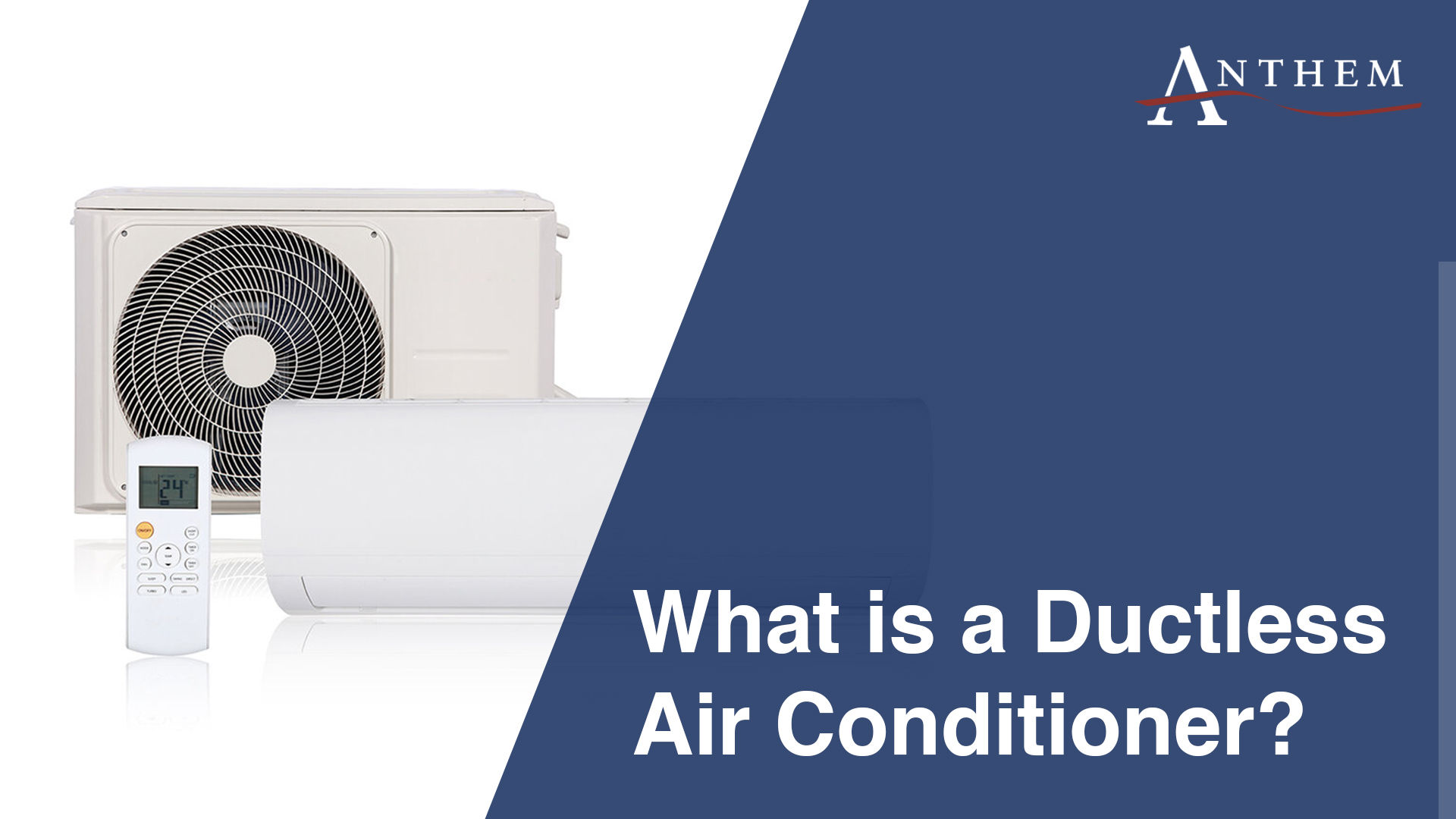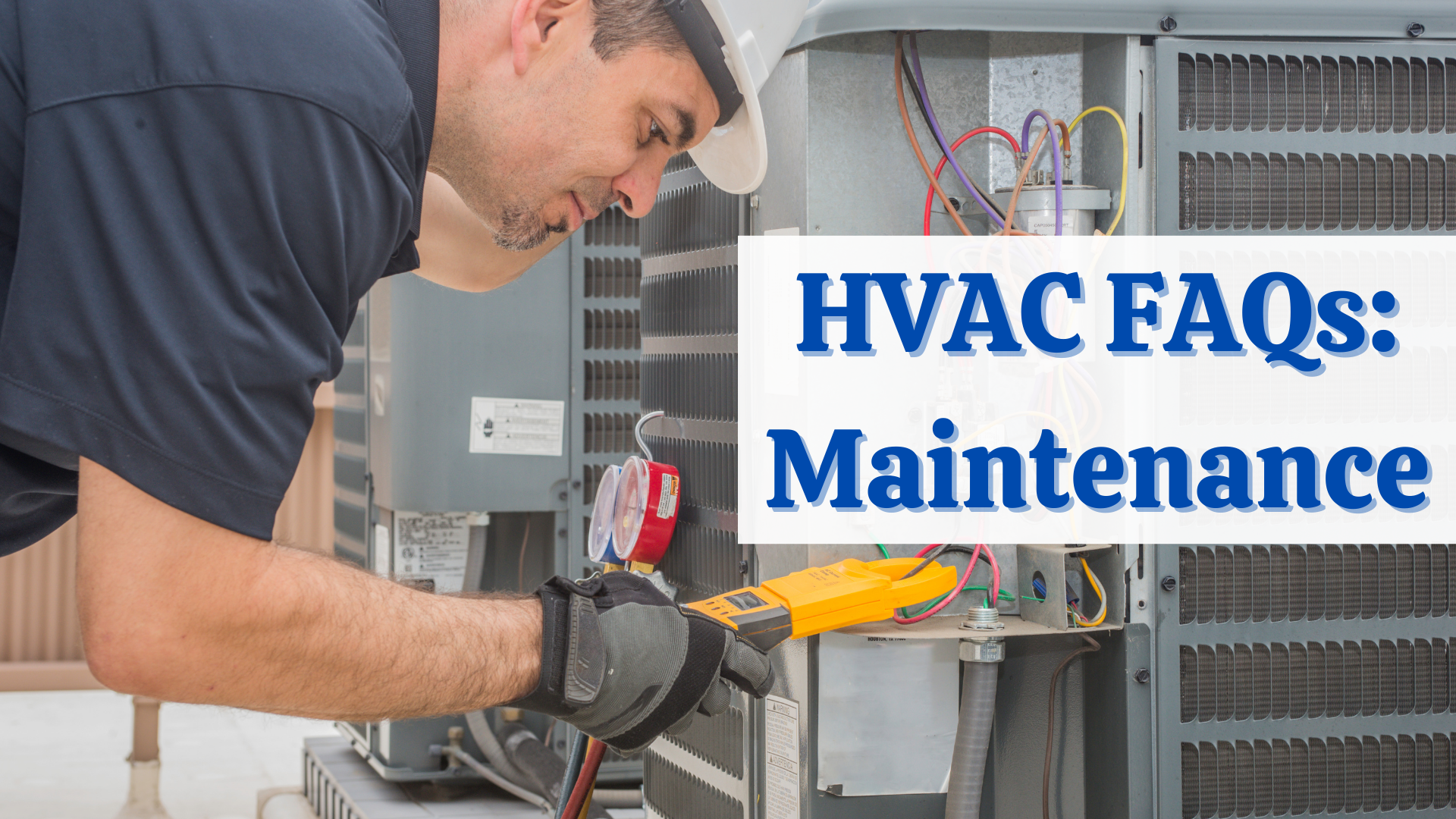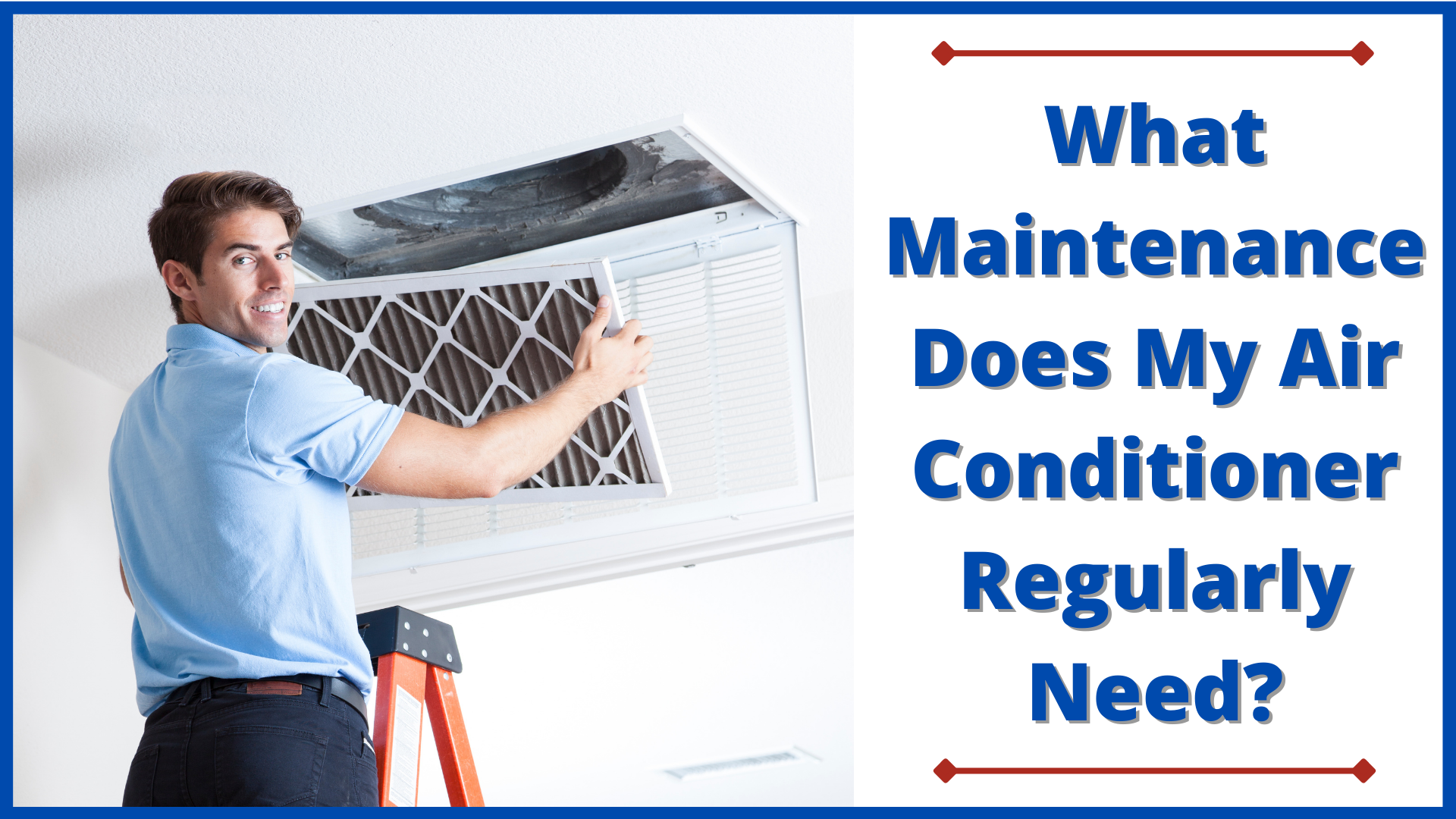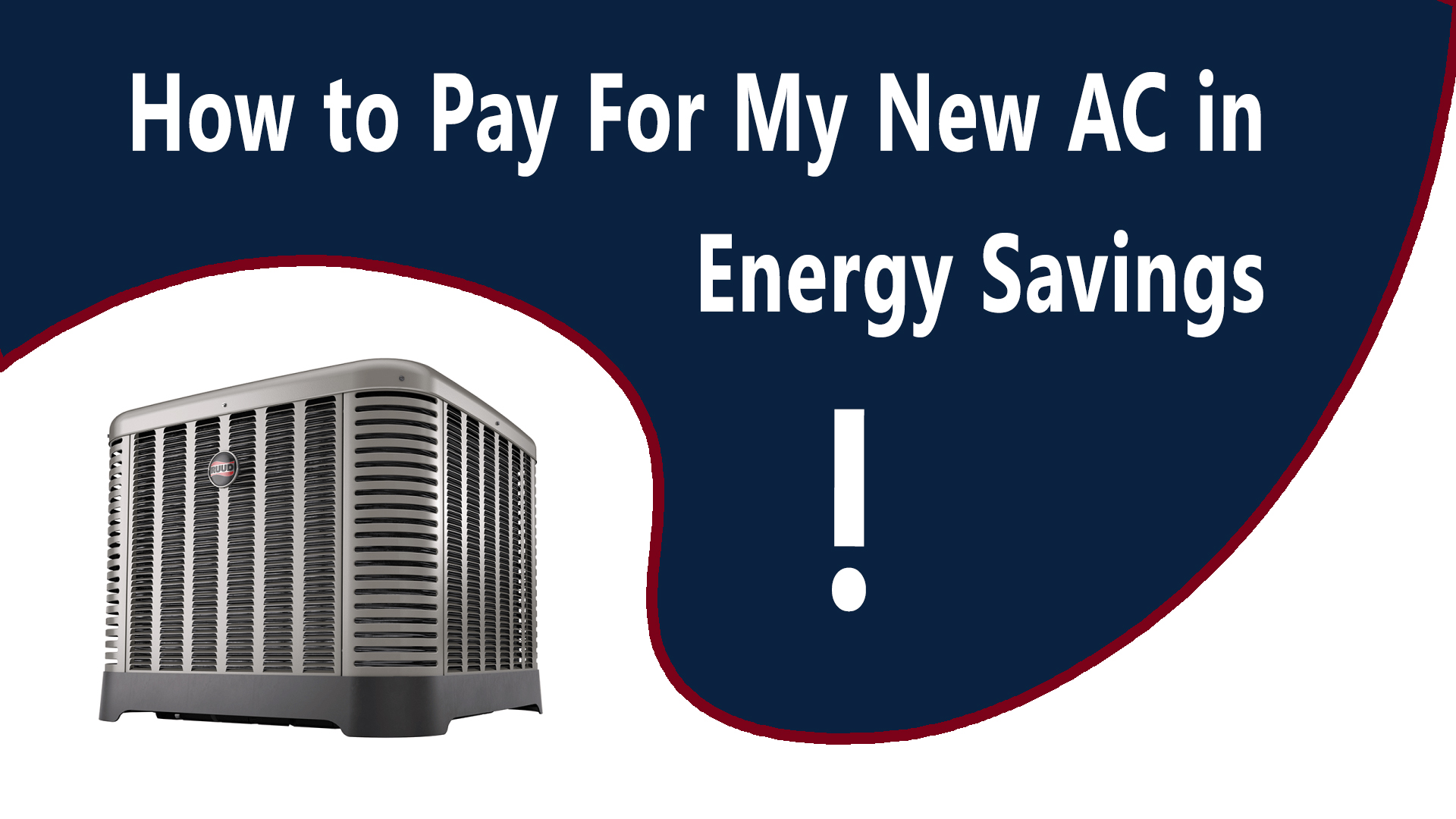Smart home technology has made leaps and bounds over the past years. Smart devices have become much more capable and affordable, with user interfaces more intuitive and featuring high processing power.

According to expert analysis, the global smart home market will exceed $53 billion soon. It is obvious why smart home devices, such as smart thermostats for HVAC, are so popular.
These “too smart” devices may feel intrusive and highly complex for some consumers, especially when they break down. However, they are still a significant investment.
For instance, in 2022, around 22,000 Xcel customers were unable to adjust thermostat temperature settings due to an energy emergency. Xcel then clarified that the technical glitch was based on a subscription made by the affected customers and sought to support energy-saving requirements.
So, can we lose control when our smart home devices are too smart?
It’s All About Smart Living and Not Losing Control!
While smart devices may irritate some homeowners, it is not the same experience for everyone! Smart devices are still a significant investment.
Take, for instance, a smart thermostat that controls your heating and air conditioning unit. Why would anyone need their HVAC unit connected to a local network and more excellent internet?
This connectivity allows the user to control and interact with the unit from anywhere globally.
Besides, after leaving home, users may receive a message alerting them that they forgot to switch off the air conditioner. They can use their phone to switch off from there, so they control their heating and cooling bills.
Artificial intelligence has become mainstream, and cloud technology abundantly supports smart devices, making them a great addition to our homes.

Consumers Are Conflicted and Feel Smart Devices Are Too Creepy!
Following the Xcel case, where approximately 22,000 customers lost control of their smart thermostats, some affected homeowners expressed deep wariness about security and privacy.
Typically, customers want to enjoy the convenience of smart home devices without feeling these smart devices encroach on their personal space and data.
On the other hand, some customers still express great enthusiasm and have enormous expectations for the benefits of these smart devices.
Embracing the Subscription Economy
Concerns keep emerging as the smart home concept is becoming more popular among consumers. Today many of these devices require or promote subscriptions to ongoing services.
For instance, in the Xcel 2022 case, the power company confirmed that affected customers had signed up for the Colorado AC rewards program.
The program gives customers a $100 credit for enrolling in the incentive program and $25 annually. In exchange, the customers must agree that the company retains some control over the smart thermostat to help save energy and money.
Why Should Homeowners Embrace Smart Thermostats?
While some users may consider smart thermostats too smart for them, they must also consider the benefits.
Here are some great reasons we think homeowners should embrace intelligent thermostats.
-
Smart thermostats help save money on your heating and cooling bills.
Smart thermostats help save money on your heating and cooling bills. They do this by automatically adjusting the temperature in your home based on what you need. This means you won’t have to waste energy heating or cooling your home when no one is there.
-
Smart thermostats adjust the temperature in your home based on need.
Smart thermostats automatically adjust the temperature in your home based on what you need. This means you won’t waste energy heating or cooling your home when no one is there. So if you’re watching TV, the thermostat will keep the room comfortable. If you’re asleep, it will adjust the temperature so that you’re not too hot or too cold when you wake up.
-
Smart Thermostats Help Conserve Energy.
The smart thermostat learns your heating and cooling requirements over time and adjusts accordingly. Thus, if you’re not using much energy, smart thermostats will minimize energy and save money by using less energy to heat or cool your home.

-
Smart thermostats can also help make your home more comfortable and convenient.
For example, they can adjust the temperature based on whether you’re home or away, and they can even learn your schedule! Besides, a smart thermostat can remind you that you left the AC on and ask you to switch it off until you are back home.
Conclusion
Smart devices are programmable and act as per the user’s instructions. A user needs to understand how the device works and other subscription conditions relating to its use. Ultimately, there won’t be a conflict between device suppliers, and users will be comfortable.
If you are planning to upgrade your AC thermostats to smart devices, contact a qualified HVAC technician to help you choose the right device and explain how it works. AnthemCV provides professional HVAC technicians to help homeowners make the right choices when purchasing smart devices. Our highly trained and skilled air conditioning mechanics will ensure your device remains functional throughout.
If you live around the Coachella Valley area – Indio, Indian Wells, Palm Desert, or La Quinta – a reputable heating and air conditioning repair and provider company is nearby. Let Anthem Heating & Air help you with all your air conditioning and heating questions and needs! Visit us at www.anthemcv.com or call now at (760) 895-2621.
























 Key Takeaway: A refrigerant leak, a clogged air filter, or an issue with the drain pan can all be the causes of water leaking from your AC unit. Low refrigerant levels may also result in ice forming on the compressor and dripping onto surfaces beneath it. An HVAC professional should be contacted to inspect and repair any potential issues before they become more serious problems later on.
Key Takeaway: A refrigerant leak, a clogged air filter, or an issue with the drain pan can all be the causes of water leaking from your AC unit. Low refrigerant levels may also result in ice forming on the compressor and dripping onto surfaces beneath it. An HVAC professional should be contacted to inspect and repair any potential issues before they become more serious problems later on.









